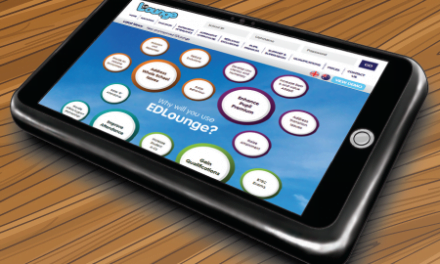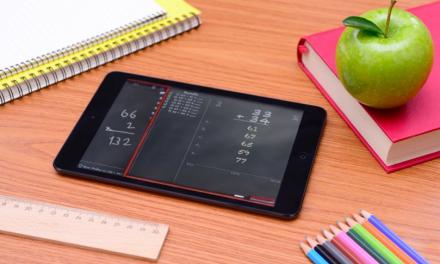The use of tablets in schools is currently at its highest ever level, with no sign of a downturn.
Technology charity Tablets for Schools has recently released the results of a study examining the use of the hardware in both primary and secondary sectors. The figures show that of the 671 schools sampled, tablets are in use to some degree in 68% of primary schools and 69% of secondary schools.
However, the report could not produce any definitive evidence to show that using a tablet increases academic progress or achievement.
Crossover from home to school
Many of the pupils interviewed revealed that they use their tablet from the time they get up through to when they go to bed, showing that they have quickly become an integral part of life for areas such as social media interaction, accessing shared educational resources and storing work such as research information for projects.
Whilst the study showed a variety of reasons for some schools not embracing this technology, 9% of schools now have one tablet per pupil available whilst at school; showing the prospect of the intensity of use over the coming years across both primary and secondary sectors.
Within the group of schools where there are currently no tablets in use, 45% stated that they were currently in the process of either looking at purchasing them or were currently buying the devices for classroom use.
The future classroom
The speed of take-up of the tablet and the figures showing that there is most use amongst academy schools, predictions are that by 2016 there will be around 900,000 in use across all state and independent schools – a massive leap from the current numbers of approximately 430,000.
Their use as a tool for achievement
Whilst the use of tablets in the classroom is increasing daily, many assume that this will lead to improvement in results and achievements. According to those who monitor the correlation between technology and success, this does not seem to be the case. Whilst they are an excellent way to motivate pupils – in particular those who are hard to engage with – there is no evidence yet which shows absolutely that tablets mean higher grades.
Further research by The National Literacy Trust points to the effective use of tablets in increasing levels of literacy. The research project suggests that the use of a touch screens amongst some pupils may be preferable to a printed version of a book.
With tablets now favoured over laptops for younger users due to their portability and speed of interactivity when switched on, their future as an educational tool is certainly bright. Only time will tell if they are the magic bullet that helps all pupils to achieve and reduces those who are currently disengaged or NEET.










